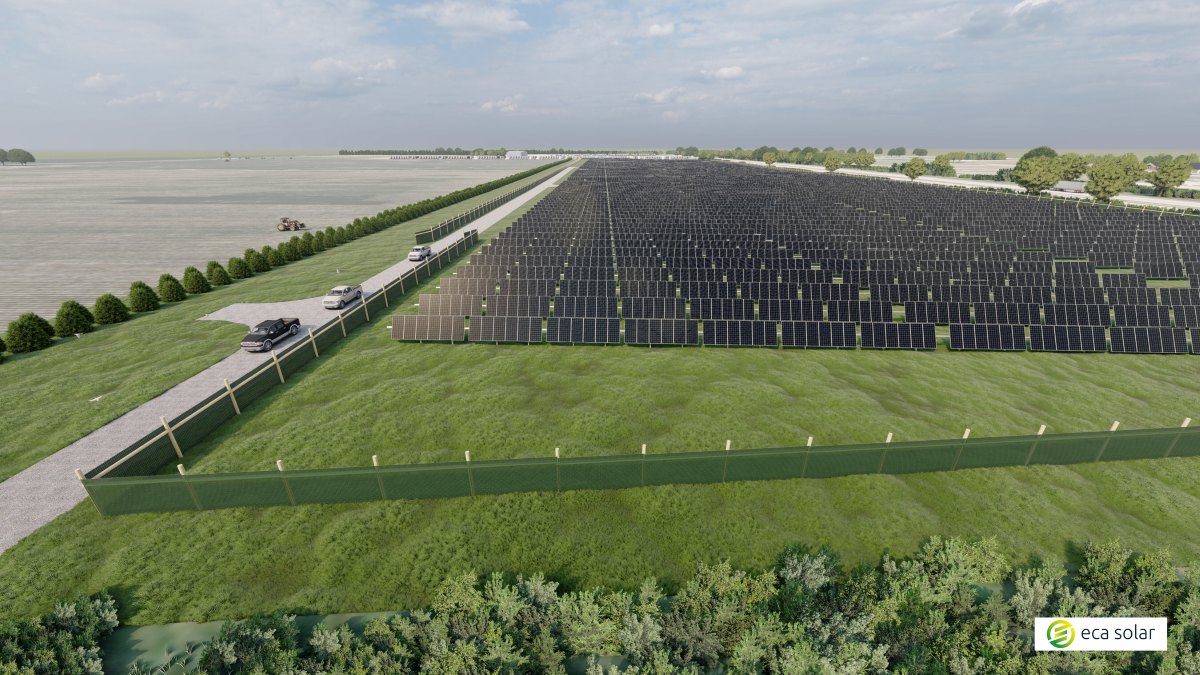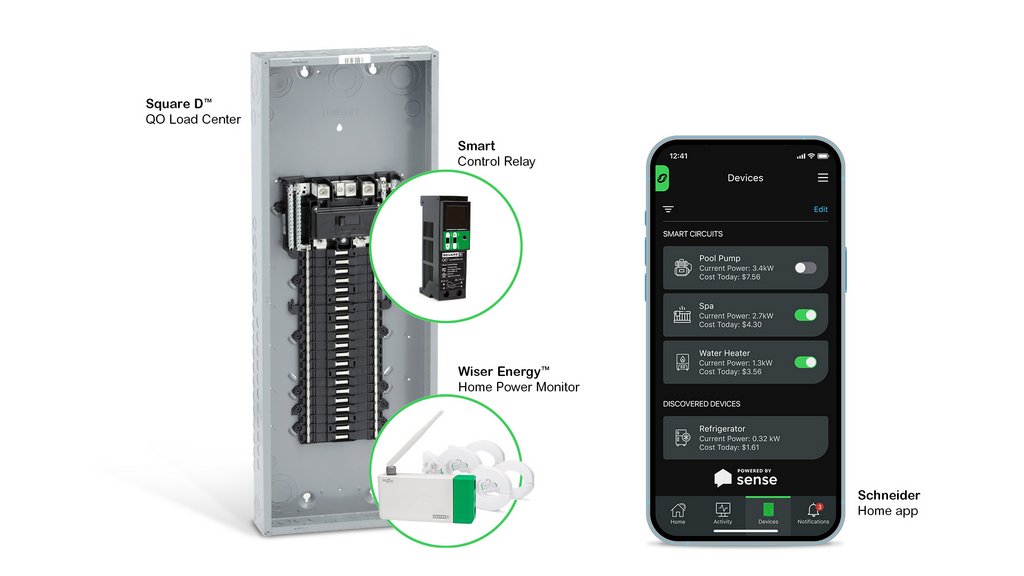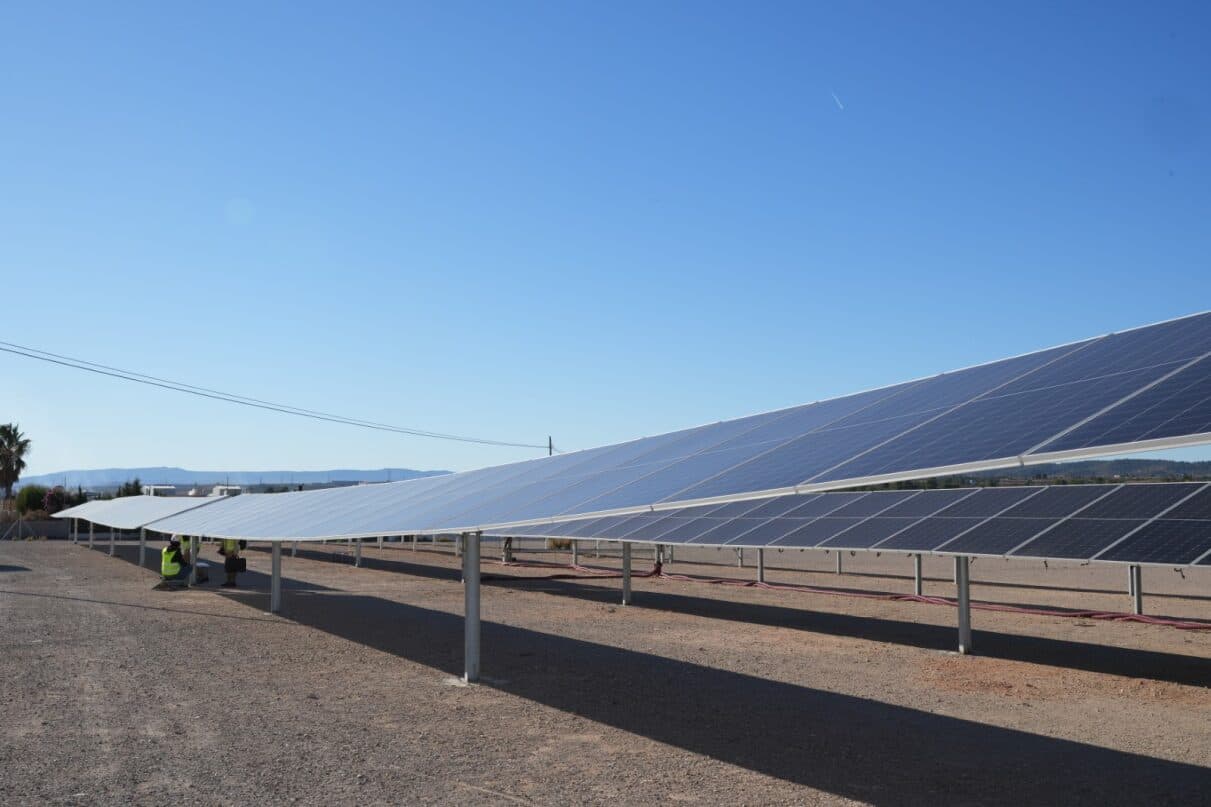As the solar industry grows, keep watch of your intellectual property

As of 2020, more than 230,000 Americans work in solar and, despite the pandemic, solar deployment hit record levels in 2020. Continued growth in the solar industry means that companies are investing more in improving solar technologies, from creating more efficient and powerful solar modules to developing better methods of manufacturing and installation as well as advancements in how solar power is controlled and managed.
This innovation is great and critical to continued growth and success, but as these technologies are developed it is important to make sure you’re taking the necessary steps to protect these developments, your intellectual property, so that you can be sure your company is taking full advantage of the monetary value of its developments.
This is especially true as the solar industry is a key component of the Administration’s clean-energy initiative. The clean-energy initiative is part of the President’s roughly $2 trillion plan for improving the nation’s infrastructure and increasing the use of clean energy in the United States. As part of the initiative, President Biden intends to increase spending in areas that develop, support, and implement clean energy. This includes investing in the infrastructure and innovation that deploys clean energy technology, the companies that develop clean energy technology, and US operations, like manufacturing, that produce clean-energy products in the US. In other words, the plan aims to invest in US companies involved in all stages of the development, manufacture, distribution, and installation of clean energy technology.
There are two main steps you can take to ensure your intellectual property is protected. First, you should work to protect your own ideas. Second, you should monitor developments and new technologies in the industry, including those of your competitors.
With respect to protecting your own ideas, you should work to develop and implement protocols for assessing your technological advancements. You will want to identify improvements in how your products are made and the services you deliver. Think about how the products you sell and the services you offer your customers are better than, and distinguish you from, your competitors, and how you will protect those advantages.
When implementing these procedures, remember that technology advancements can occur at all levels of solar technology design, development, manufacture, distribution, and installation. In other words, “advancements” are not limited to technical improvements in solar panels or solar panel components. They can also include improved manufacturing processes or equipment, new and improved tools for use during installation, or developing improved methods for controlling and monitoring solar-related equipment, and can include both hardware and software.
Assessing new technology does not have a “one-size fits all” approach. In other words, how you decide to monitor developments can take different shapes and forms depending on your company’s structure and the type of work you are performing. What is important, at the end of the day, is to develop a system that works for your company. You spend a lot of time, money, and resources improving your products and services, and implementing procedures to track them and seek protection for them ensures that your efforts and developments are protected.
In addition, knowing what your competitors and others in your industry are doing and developing can be just as important as protecting your own technology.
First, monitoring other companies’ technologies may help ensure that your newly developed ideas do not run afoul of someone else’s protected developments. This doesn’t mean that you need to monitor all of your competitors’ patents, just knowing what your competitors are selling and advertising is often sufficient.
Second, monitoring provides the potential opportunity to monetize your own intellectual property by licensing it to companies that see value in the technology that you developed and protected. Because solar is a growing industry, and one that will be receiving federal funding for further development, you can expect there will be new players in the market and that existing players will work at increasing their place in the industry. Monitoring these companies allows you to ensure that they are not unfairly taking advantages of your technologies and, if they are, provides you with an opportunity to stop their activities using a variety of legal measures.
Monitoring other companies’ activities also allows you to protect your overall business by having a deeper understanding of other industry disputes that could affect your company. For example, monitoring industry activities could inform you that one of your foreign suppliers is involved in litigation that could potentially exclude its product from the United States. Knowing this in advance may provide you with needed time to qualify additional suppliers so that you aren’t left without products if your current suppliers’ products end up being excluded.
As with assessing your own internal developments, monitoring also doesn’t have a one-size-fits all approach. Some companies, like larger solar manufacturers, may want to monitor the whole solar industry to have a general idea of what each of the larger players is doing at any given time. Smaller installers or developers, on the other hand, may just want to monitor their direct competitors and any suppliers. But, again, while monitoring can be implemented in a variety of different ways, what is important is ensuring that you have a system in place to identify the activities that are necessary for your company. By maintaining a general understanding of what is going on in your industry, you will be able to track industry trends and advancements and how those changes can affect your business, and make strategic business decisions regarding whether and when to pursue legal action against potentially infringing competitors.
Overall, this is a very exciting time for the solar industry, as global concerns over pollution and US-specific incentives drive growth in the industry. As this growth occurs, it is imperative for companies protect their own ideas and monitor industry activities to ensure that their companies are set up for future success.
Matt Bathon and Kate Cappaert are attorneys at Steptoe & Johnson LLP.




Comments are closed here.